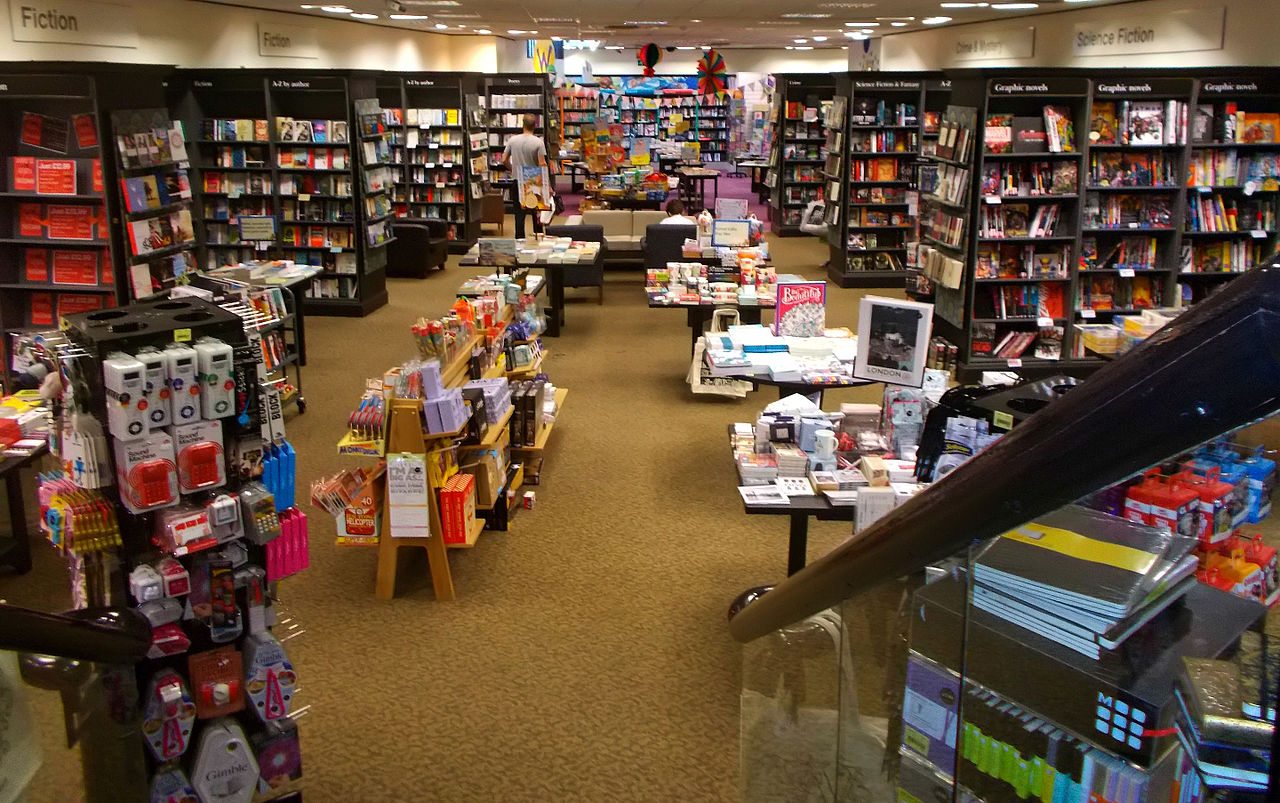Is the books industry changing for the worse?
It can be hard to adjust to the idea that buying cheap books is a bad thing. As an avid reader, I have spent far more money on books over the years than I care to think about. So when you spy that bestseller you’ve been dying to get your hands on at a rock-bottom price and in a fairly decent condition, it’s hard to say no. Gradually though, I’m coming to the realisation that the consequences of this go far beyond me and my ever-growing collection.
I tend to buy most of the books for my degree online, as cheap as possible, switching between Amazon and AbeBooks to find the best option (considering price, condition and speed of delivery). It becomes a clinical process, detached from the joy of the tempting new-book smell and vibrant covers which unfailingly steal all my birthday money year after year. But I still crave that bookshop experience when it comes to buying books for my own pleasure: buying them online with just a few clicks simply feels wrong, because it removes everything I love about the process of choosing.
Buying books becomes a clinical process
So while I am very dubious about what the future holds for the books industry – it’s predicted that within three years, 75% of books will be sold online through sites such as Amazon, leaving only a measly 25% to be lovingly taken home from a bookshop – there’s a part of me which remains hopeful, because I know I’m not the only one to feel at home in a bookshop. But whether there are enough of us remains to be seen.
In a world where everyone is mainly out for themselves, it’s easy to forget that whilst finding a book ridiculously cheap is a positive for you, it’s a different story for the authors. The cheapest books on sites such as Amazon are usually sold second-hand by third-party sellers – often, they’re so cheap it leaves me wondering how they can be making any money on them at all. The truth is, while the company you’re buying from may be making enough money for themselves, second-hand sales see no money at all going to the author – who you have to thank for the fact that you’re reading the book at all. I’m not saying that all second-hand sales are wrong however, but there’s a difference between picking up a few tatty books at a charity shop or car-boot sale, and ploughing all your money into the pockets of third-party sellers online.
I know I’m not the only one to feel at home in a bookshop
You can be forgiven if you’re only buying classics – where the authors are most likely long gone and the texts out of copyright – but if you’re buying the work of an active author, think twice about where your money is going. An extra pound here and there is nothing if it means providing authors with enough of a wage to write the next novel for you to enjoy.
Image Credits: Header (A P Monblat/ Wikipedia)

Comments